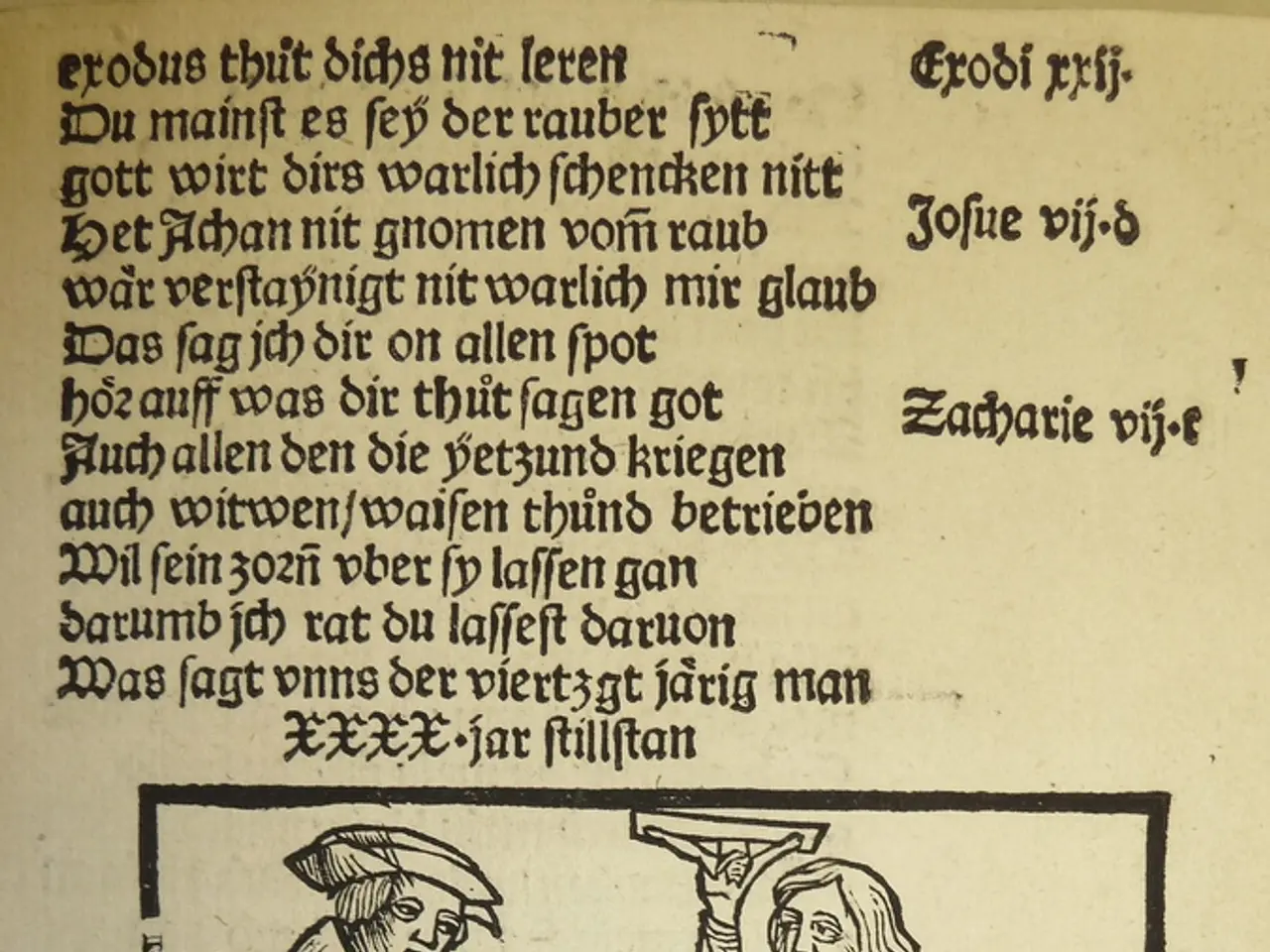Studies in Various Non-English Languages
Writing a research paper in a foreign language can be a challenging yet rewarding experience. This article offers guidance on how to approach this task effectively.
First, it's crucial to build a strong foundation in academic language and technical vocabulary in the target foreign language. Utilize multilingual dictionaries, glossaries, or discipline-specific bilingual resources to identify accurate technical terms that correspond to concepts in your native language. To understand the usage of these terms in context, consult foreign academic articles, textbooks, or professional databases in the target language.
Next, integrate these terms carefully into your writing by employing academic language conventions, such as an objective, impersonal style, hedging language to moderate claims, and the passive voice to maintain formality and avoid personal pronouns, as commonly recommended in foreign language academic writing.
When paraphrasing or synthesizing information from foreign sources, use effective paraphrasing techniques that preserve meaning while employing appropriate synonyms for key technical terms, ensuring discipline-specific accuracy and formality are maintained.
In addition, employ critical and analytical writing skills by organizing researched information into coherent arguments, comparing different sources, and interpreting findings within your foreign language writing framework.
Utilizing assistive technologies and multimodal resources such as bilingual corpus tools, translation aids, and language learning platforms can further support your vocabulary acquisition and research process when working in a foreign language.
Lastly, seek to understand the cultural and disciplinary conventions of writing in the target language, including citation practices, structure, and style, as these can differ from those in your native language.
In summary, the approach to conducting research and writing a paper in a foreign language with alternative language sources for technical vocabulary involves:
- Gathering discipline-specific, bilingual or foreign language academic resources to build technical vocabulary and contextual understanding.
- Applying academic writing conventions of the target language such as objective tone, hedging, and passive constructions.
- Using paraphrasing strategies that maintain the exact meaning and rigor while adapting vocabulary.
- Integrating critical analysis and synthesis aligned with academic standards.
- Utilizing assistive technologies and inclusive, multimodal methods to enhance comprehension and writing quality.
This method ensures meaningful engagement with foreign language sources, producing clear, accurate, and well-founded academic work in the target language.
The author of this article spent several days writing a paper for French 307 discussing the ethics of weapons development. The challenges faced during the research and writing process, such as a lack of relevant technical vocabulary or the difficulty of writing directly in the foreign language, were not discussed in this article.
For those considering a summer abroad, the article "Summer Never Dies! Tips on Keeping Your Summer Abroad Relevant" provides useful tips on making the most of your cultural experience. Mastering the ability to find and comprehend foreign language sources can be a valuable skill in the future.
This article was published in "Research Abroad." Another article in the same publication is titled "Research and Foreign Languages."
Engaging in a junior paper written in a foreign language can be a significant educational-and-self-development opportunity, fostering lifelong-learning in both language proficiency and research skills. To ensure success, one can take advantage of online-education resources like bilingual dictionaries, academic articles, textbooks, and language learning platforms to expand technical vocabulary and contextual understanding. The key lies in mastering the target language's academic writing conventions, such as employing an objective tone, hedging language, and passive constructions, while utilizing effective paraphrasing techniques and critical analysis skills to produce a clear, accurate, and well-founded paper.




